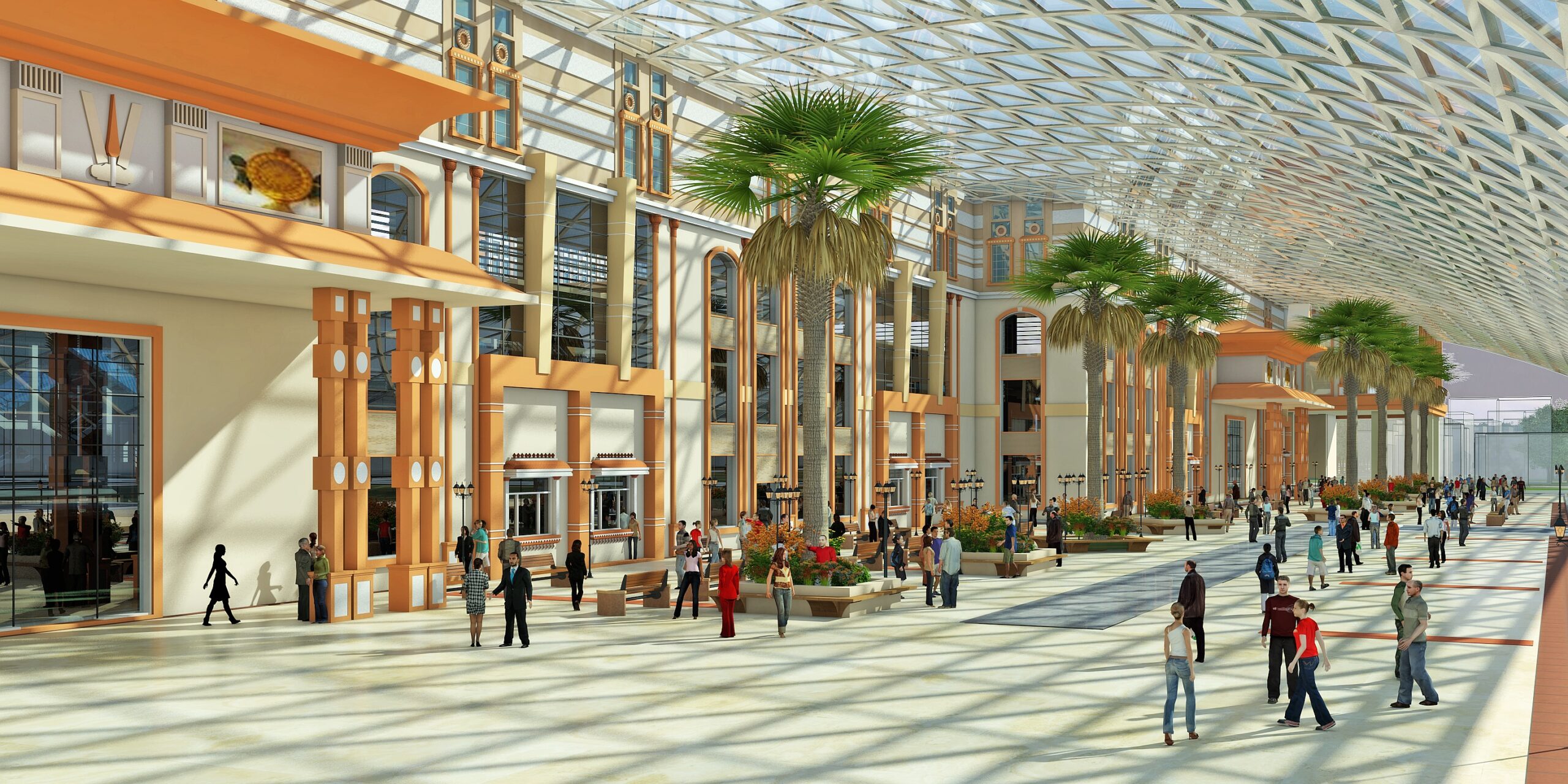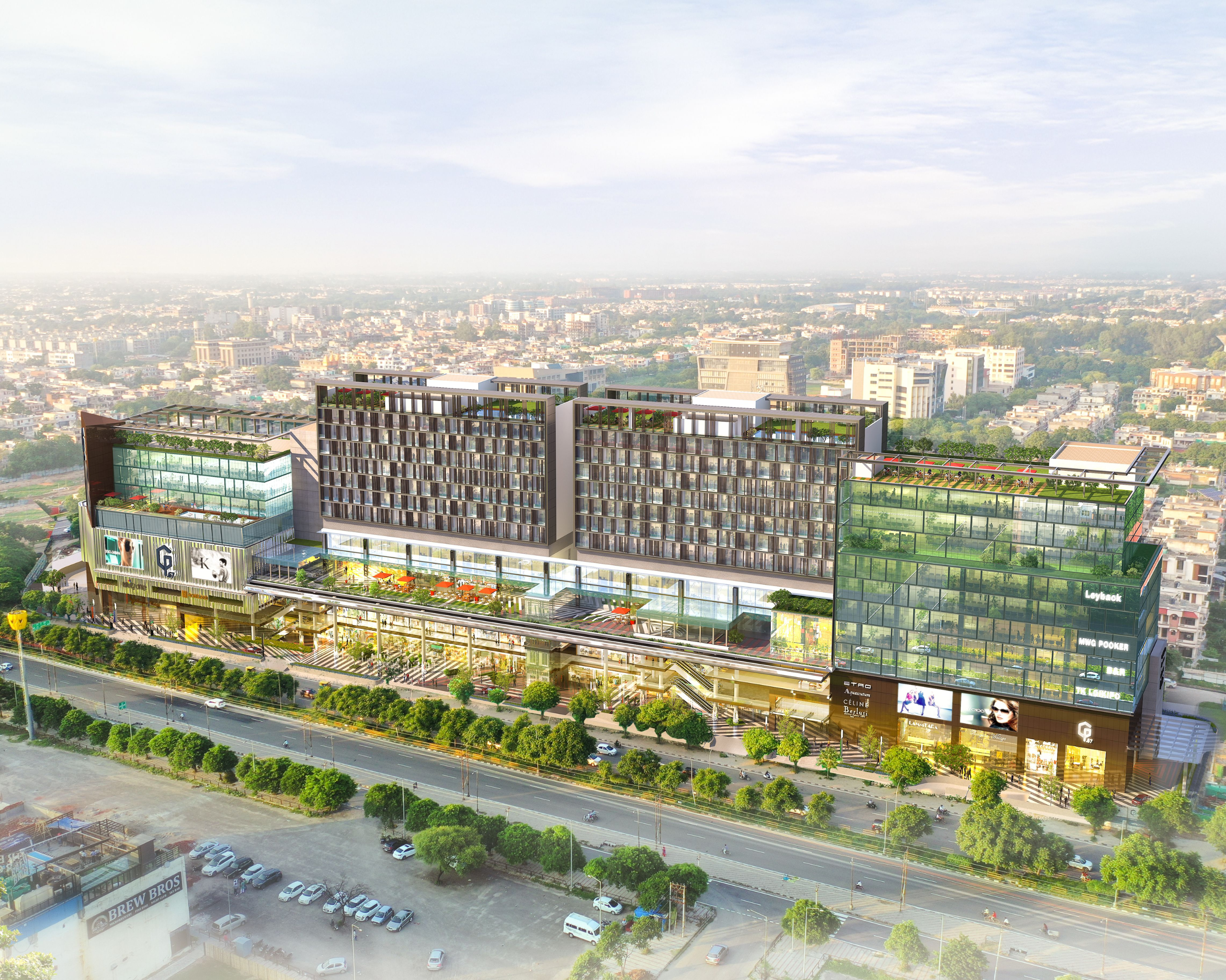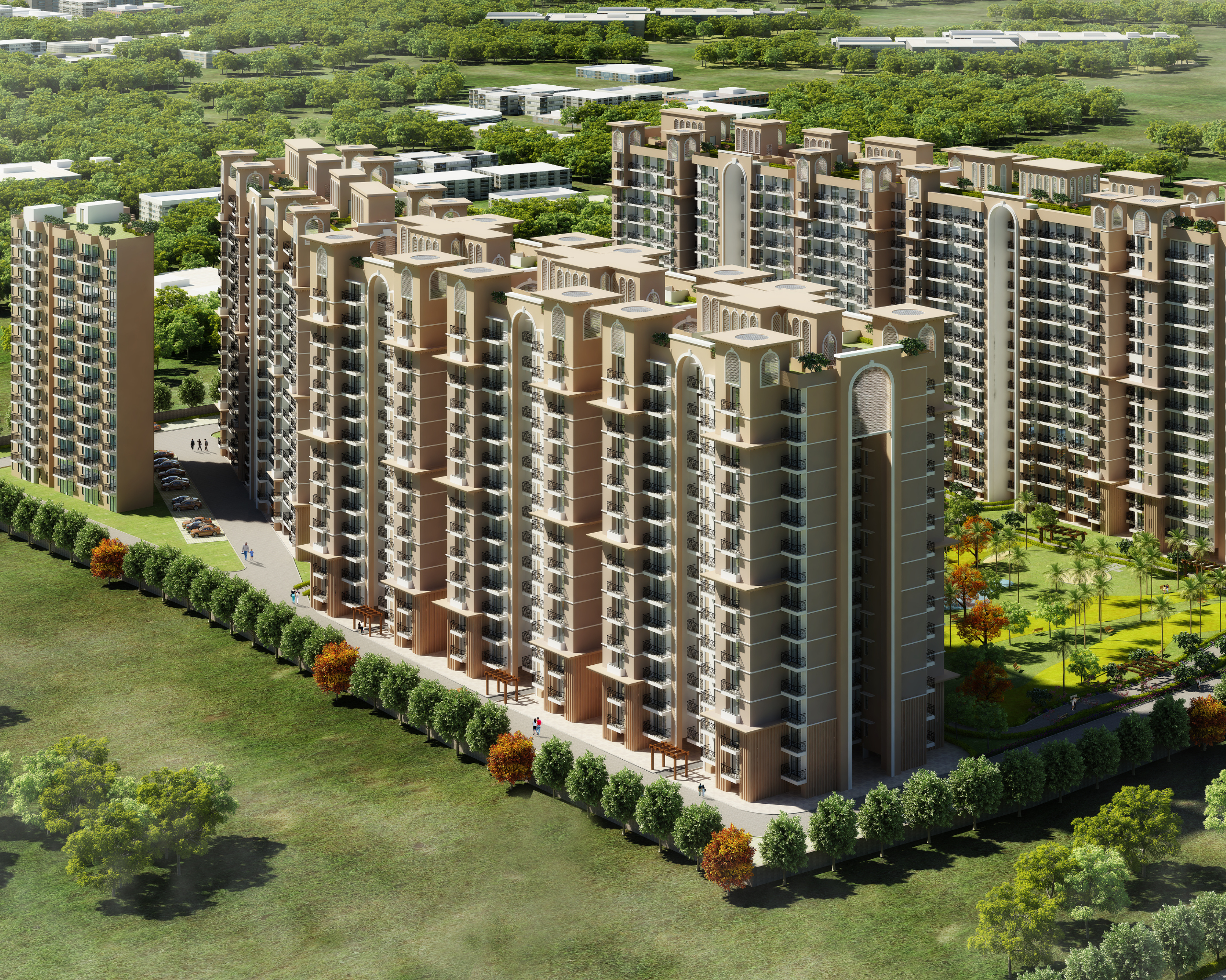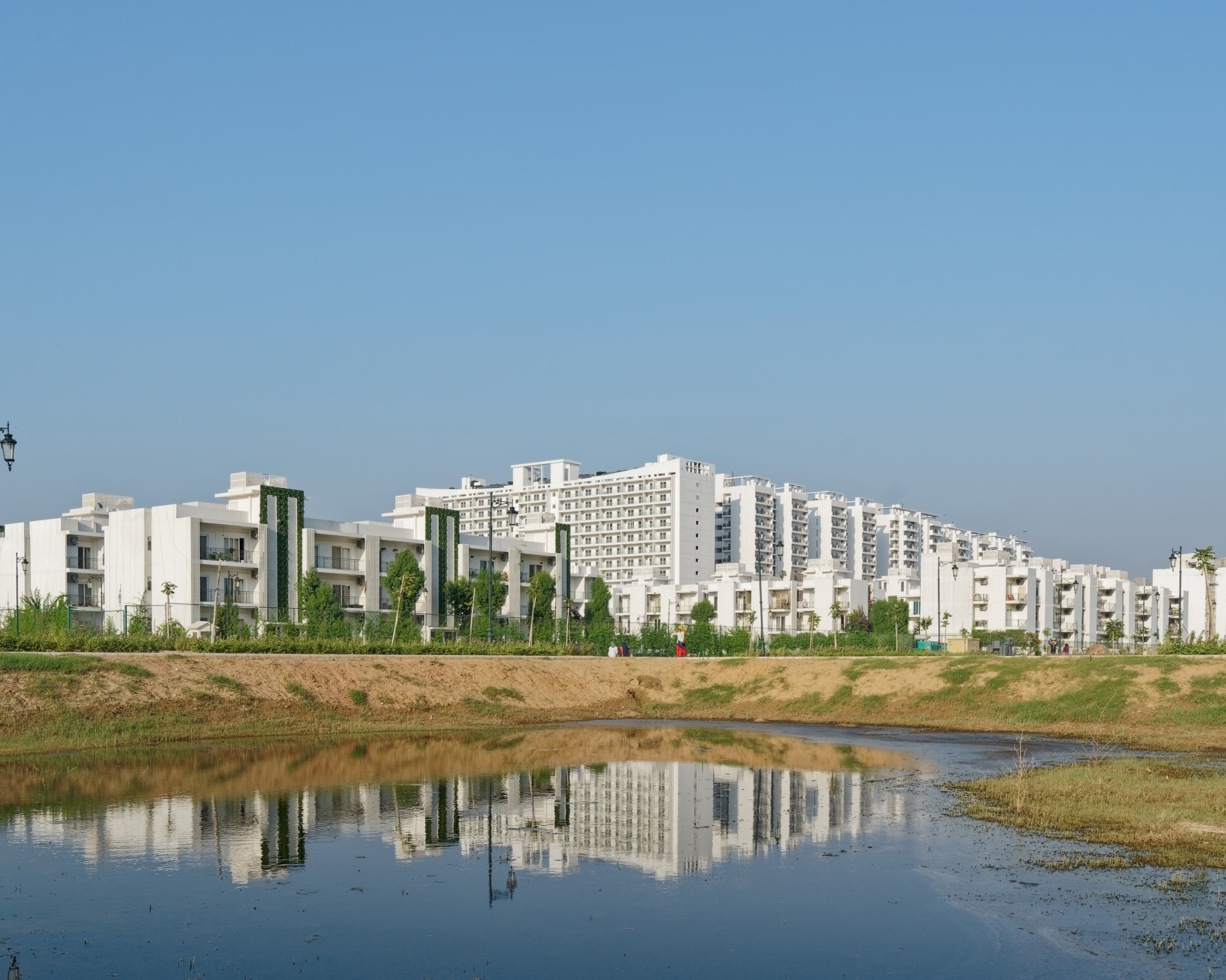Reimagining Multimodal Transit Systems in India

With its burgeoning population and rapid urbanisation, India faces an ever-growing challenge in providing efficient and sustainable transportation solutions. As cities expand and populations swell, the strain on existing transit infrastructure becomes increasingly evident. Due to this, there’s a growing recognition of the need to reimagine and revitalise India’s transit systems to meet the demands of the 21st century. Embracing multimodal transportation presents a promising route towards reimagining the transport systems.
Multimodal transit systems integrate various modes of transportation, such as buses, trains, metros, bicycles, and pedestrian walkways, into a cohesive and interconnected network. By seamlessly linking these transport systems, multimodal transit offers commuters greater flexibility, efficiency, and sustainability in their travel options. In the Indian context, where cities are characterised by diverse population densities, economic activities, and infrastructural challenges, adopting multimodal transit holds immense potential for transforming urban mobility. In recent years, the Indian aviation market has been increasing globally, and passenger numbers are anticipated to rise. Also, a remarkable growth in the Indian Railways has been noticed since 2014.
One of the critical pillars of reimagining multimodal transit systems in India is fostering integration and connectivity among different modes of transportation. This involves creating interconnected networks that enable commuters to transition between various modes seamlessly, minimising travel time and enhancing convenience. Implementing integrated ticketing systems, such as smart cards or mobile apps, can streamline the payment process and facilitate transfers between different modes of transport. Further, the development of intermodal hubs, where other modes of transportation converge, can enhance connectivity and accessibility for commuters.
Sustainable and Inclusive Solutions
Reimagining multimodal transit systems in India should also prioritise sustainability and inclusivity. Promoting eco-friendly modes of transportation, such as bicycles and electric vehicles, can help reduce carbon emissions and mitigate the environmental impact of urban transportation. Ensuring accessibility for persons with disabilities and elderly commuters through barrier-free infrastructure and specialised services is essential for creating inclusive transit systems. By incorporating principles of sustainability and inclusivity into the design and planning of multimodal transit networks, cities can create more equitable and resilient urban environments.
Reimagining multimodal transit systems presents a transformative opportunity to address the complex transportation challenges India’s growing cities face. By prioritising integration, connectivity, last-mile accessibility, sustainability, and inclusivity, cities can create more efficient, equitable, and resilient transit networks that cater to their populations’ diverse needs. Embracing innovation, collaboration, and strategic planning will be essential in realising this vision of a more connected and sustainable future for urban mobility in India.




